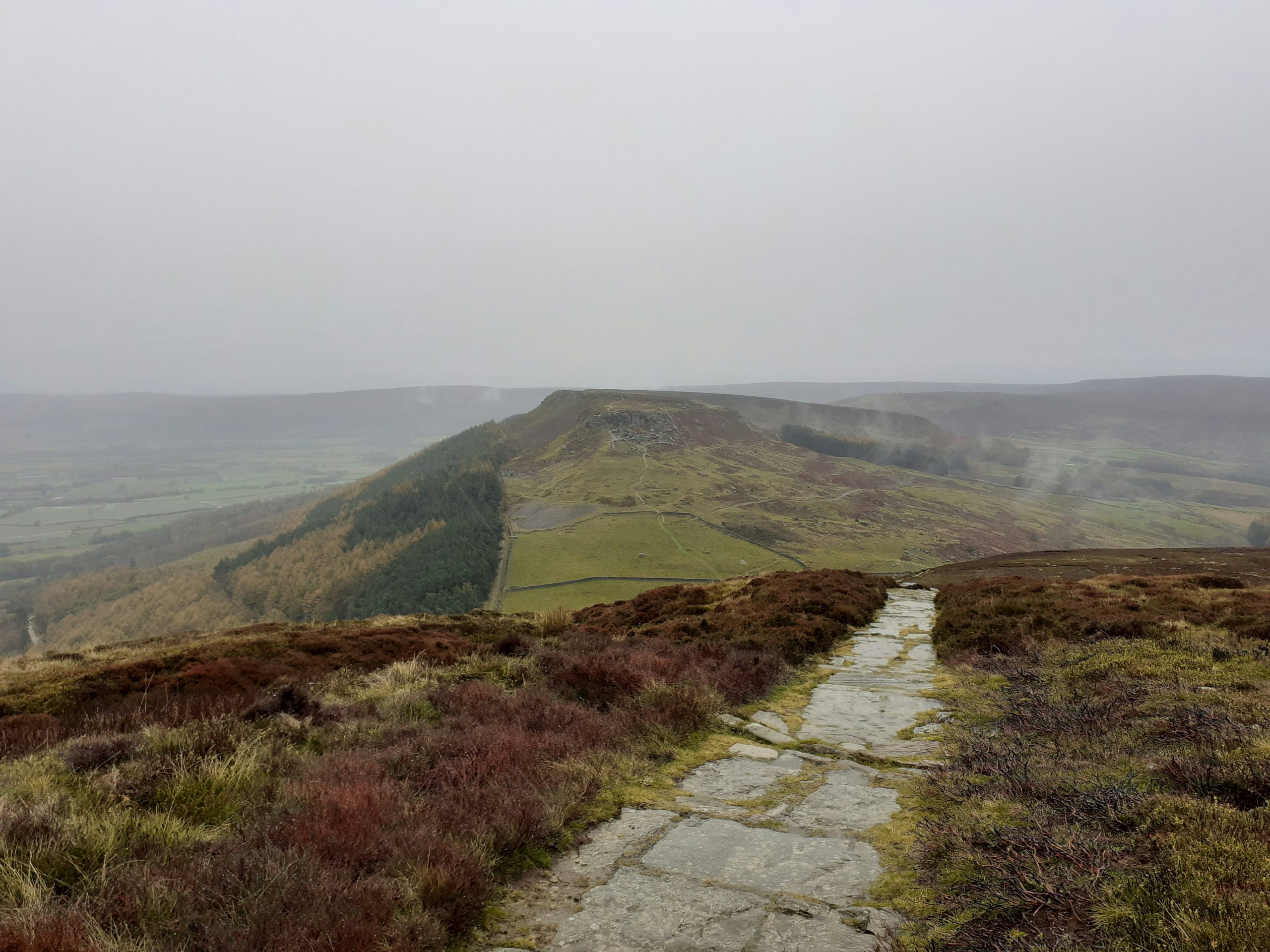Editor’s Note: This article was published in the September 2015 edition of Quench as part of the Cardiff issue. In the print edition, Phil Terrett of Oyster World Games was incorrectly named as Chris, and Finger Punch’s game Tracks and Turrets was incorrectly named Tanks and Turrets. These have been amended for the online edition.
Wales Interactive’s Soul Axiom.
It’s a sunny summers’ day and as usual, as soon as I step out of the station into Queen Street and am hit by the sweltering heat, I’m scuttling indoors to play some video games. This time however, I’m not heading back to play Counter Strike with the silverfish of Talybont but to Cardiff City Hall where game developers from all over Wales have gathered for an annual showcase of their efforts.
Despite British games being known worldwide for iconic characters like Lara Croft (Bristol) and blockbuster franchises like Grand Theft Auto (Edinburgh) you’d be forgiven for thinking things are quieter to the west of Offa’s Dyke. However, as Phil┬áof Oyster World Games explains, the Welsh development scene is growing rapidly: “Two years ago, when we first came to this show,” he tells me, “it was just me, a laptop, and a table. Now there are seventy employees.” Students might not have heard of much of Oyster’s output though- it’s mainly hidden object games aimed towards your mum, and they have been working for two years on a monster-customizing game for young children,┬á with which, Phil┬ásays, they are aiming for “world domination.” Games for a younger audience are the order of the day here, which makes sense from a business perspective, which is good if you hope to break into the industry. Ben of Wales Interactive, who make games for PC and all three current gen consoles, says that “events like these help people realize that games are being made in Wales.” There is one small drawback for Cardiff students though- WI seems to employ graduates from almost every Welsh university but our own! To hammer that point home, lots of students and recent graduates from, among others, the University of South Wales and Trinity Saint David in Swansea are eager to show me their projects. Some highlights include Pigeon Simulator (including a “poop button”) and Comet’s Tale, both made by graduating USW students. For those of us who have already started a degree in something other than games, the National Film and Television School is on hand offering a Masters in Game Design to almost any undergraduate.
Comet’s Tale, a student project.
Not everyone needs a degree to get into game design- but it helps. iSee is a social media based game made by two friends from Swansea who are in the business of developing their company’s App Store reputation, having now obtained a degree and no longer being just hobbyists. It’s like Draw Something but with photos, and, they promise me, less intrusive ads, with the option to receive puzzles based on brands as a form of advertising instead.
Friendship Club, a promising party game at the show.
There are plenty of games on show that look promising. One such game is Friendship Club, a Steam game currently in Early Access, but looks like it would easily fit in as a console indie game as well. Ash from the development company Force of Habit describes it as a “bullet hell party game” which turns out to be surprisingly fun, with a charming art style. ┬áEllis of Finger Punch Games is also happy to show me their game Tracks and Turrets, a top down tank arena game where the aim is to destroy other people’s tanks. Ellis says the game is designed to be quite simple, and should be cheap enough so that a group of friends can all pick it up and play it together.
Atticus Digital’s VR surfing experience.
Although it is a games developers show, there are other delicacies on offer. Atticus Digital is a company that make short VR experiences: 360 degree films to be viewed from within an Oculus Rift, GearVR and so on. At a recent London boat show, pro windsurfer Johnny Hutchcroft described their makeshift VR simulator as the “closest you can get” to real windsurfing. They tell me that VR is a great learning tool- with retention rates inside the headset at about 80-90% compared to our standard 10-20% in lectures and Powerpoints. Martin says this is down to having no distractions, especially if you have a pair of headphones on too.
I also attend a beginners’ Unity game making lecture run by industry veteran Byron Atkinson Jones, who shows us all how to make a ball run around a small 3D maze and make it to a goal. I also get a chance to talk to Karl from Unity who explains that because Unity is free up until you make a large amount of money, it has quickly overtaken expensive starter engines such as the Unreal Development Kit or CryEngine as the indie standard. I ask him if he thinks that Unity’s uniformness might mean that a lot of indie games being released are very similar, due to shared lighting and assets, to which he replies that it’s not engines that kill creativity, but bandwagons.






